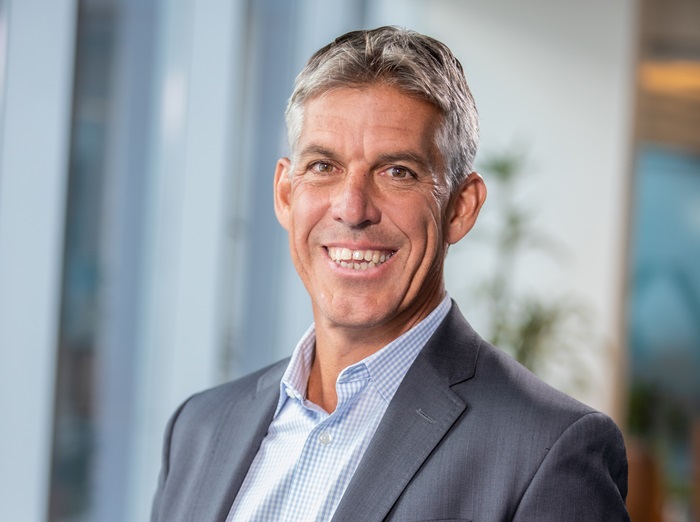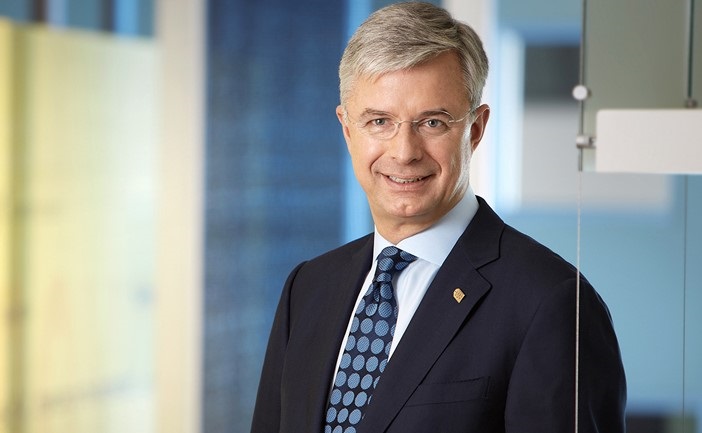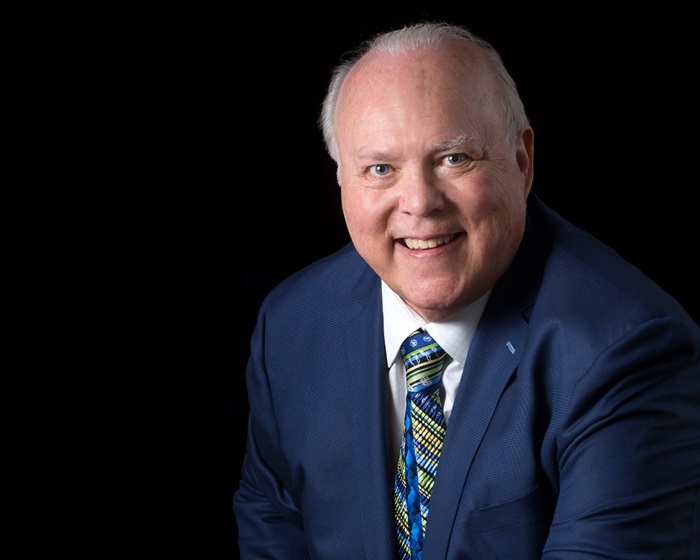Social Capital in Action
| May 9, 2024 6:45 am

At nutrition startup Helaina, CEO and founder Laura Katz is on a mission to help more people on the planet reap the nutritional benefits of breast milk. Inspired by a podcast talking about moms buying black-market breast milk, she wondered if the sought-after nutrients it contains could help people beyond infancy. Helaina, which raised $35 million in funding, has introduced the protein Effera Human Lactoferrin, an iron-modulating protein that is highly concentrated in human colostrum. Lactoferrin has been found to balance the immune system, support healthy gut function and optimize iron levels. Read more about Helaina and other companies that are solving problems once tackled only in the nonprofit sector in “Companies Created to Save the World – for Real.”
Sarah Robb O’Hagan aims to teach leaders how to prevent burnout
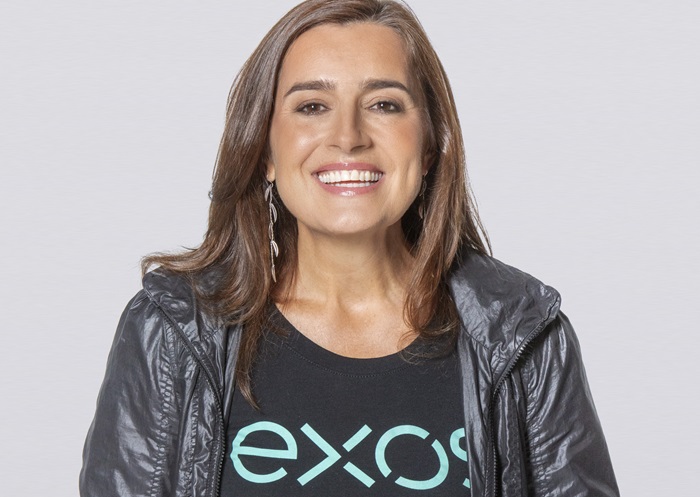
CEOs are like elite athletes in many ways. With many working 12-, 14- and 16-hour days, they often keep going until they crash. Sarah Robb O’Hagan, CEO of the coaching organization EXOS, aims to teach leaders how to prevent burnout, for themselves and everyone else on the team. Her coaches arm them with the tools to create a culture that allows everyone adequate time for recovery. “If you can set that tone for your team, you are going to make a huge difference in their engagement, how excited they are to be at work and, ultimately, how productive they are because you’re helping them feel great at their day,” she says. She shared her approach with Chris Benguhe founder, president and publisher at the Dave Alexander Center for Social Capital recently. You can watch their conversation here. (Published on May 2, 2024)
‘It’s crucial to ensure the people identified for leadership roles actually want to lead’
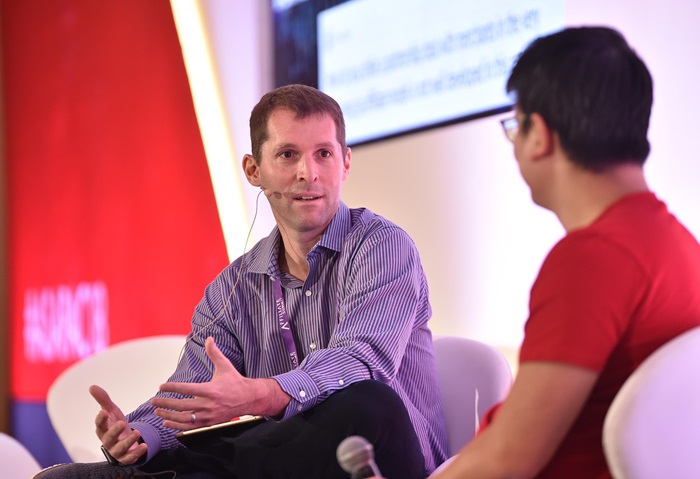
Most organizations expect everyone on their team to want to ascend to manager or team leader. Bob Glazer, founder and chairman of Acceleration Partners, feels that the traditional approach does not consider the diversity of employees’ ambitions. “While a key responsibility of a leader is to identify and develop new leaders, it’s also crucial to ensure the people identified for leadership roles actually want to lead,” he writes. “Any leader who fails to do this puts their organization’s health in jeopardy.”
So, what does that look like in real life? Glazer shows how to recognize employees who prioritize excellence but don’t see themselves leading the charge in his essay “Respecting the Diversity of Employee Ambition.” It lays out a path for any Social Capital CEO who is looking to recognize subject matter experts, creative rockstars, working parents who don’t want more responsibility than they already have and other valued team members who don’t want to lead a team with an alternate path to advance in their careers. (Published on April 25, 2024)
Outdoor walking meetings are fostering both productivity and well-being
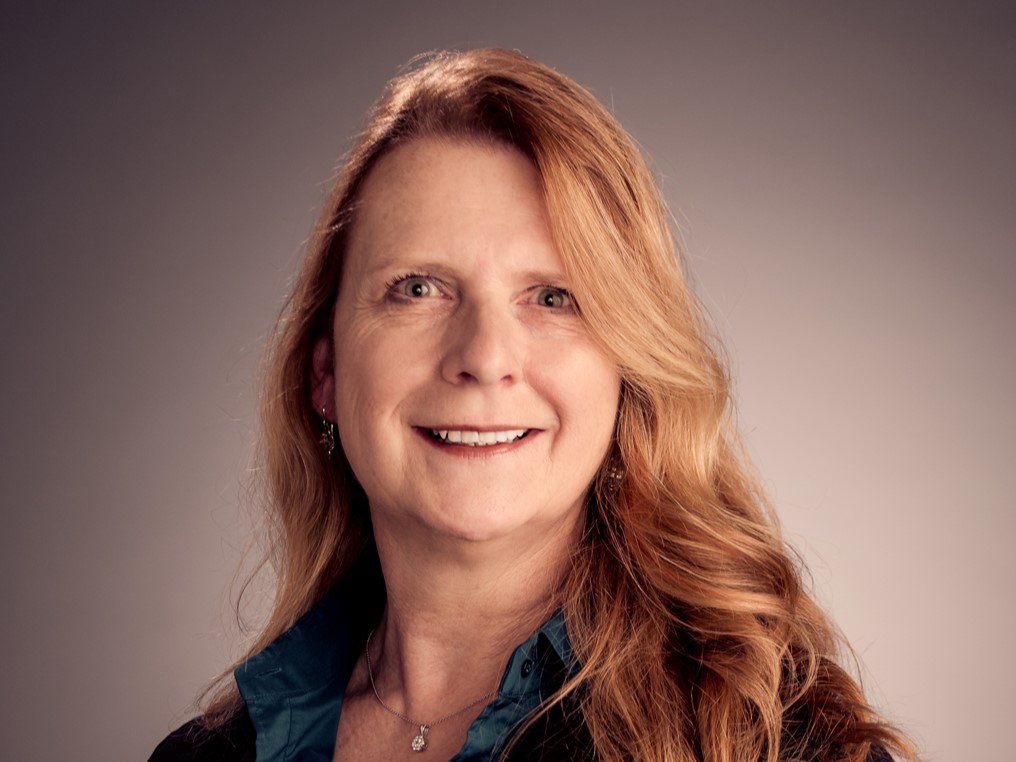
In Germany, where AAA Translation founder Susanne Evens grew up, perks like massages and 30 days annually of vacation are standard. And parents are entitled to up to three years of parental leave per child, which can be split continuously or shared among parents. However, Evens found that in the U.S., prevailing workplace practices — which allowed for little flexibility and limited wellness benefits in many companies — were hard on single mothers like herself. So, when Evens started AAA Translation, she was determined to do things differently. Her business is virtual and prioritizes flexible work arrangements, with remote options, flexible options and unlimited time off. And she also pays attention to the seemingly little things that contribute to a life-supporting culture. “Outdoor walking meetings have become a regular occurrence, fostering both productivity and well-being,” she says. Read more about what AAA Translation is doing to support wellness in “Well-Being and Companies Slaying the Burnout Dragon.” (Published on April 18, 2024)
Read how Bob Chapman is prioritizing and incentivizing wellness
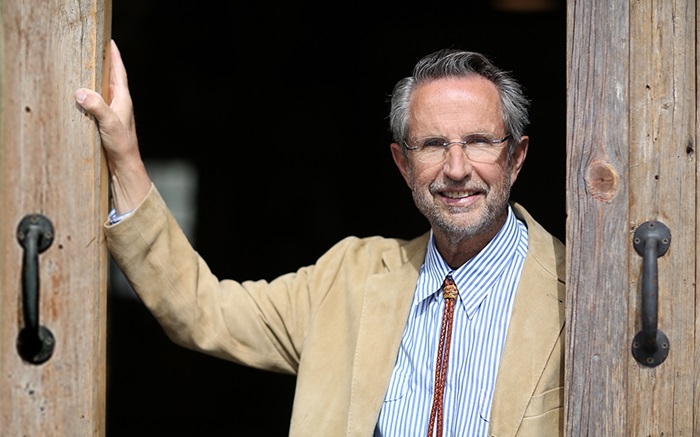
As Bob Chapman, chairman of Barry-Wehmiller companies, sees it, the vast majority of illnesses are caused by chronic stress “and the biggest cause of chronic stress is work.” The company’s Truly Human Leadership philosophy is one method of tackling that, on the premise that bosses have a big impact on the health of their teams and building healthier bosses will have a trickle- down effect. The company also has introduced a wellness program that incentivizes team members to take care of their health through being physically active and getting preventive screenings.
Says Chapman, “The primary way we contribute to their well-being is by providing an environment where they feel valued and fulfilled, where they feel energized by their time working rather than drained by it. That’s why we have invested in teaching our global leaders the skills and courage to care for those they have the privilege to lead.” Do a deep dive into how he and other Social Capital leaders are prioritizing wellness in “Well-Being and Companies Slaying the Burnout Dragon.”
‘We wanted to help Delta employees achieve a level of financial security.’
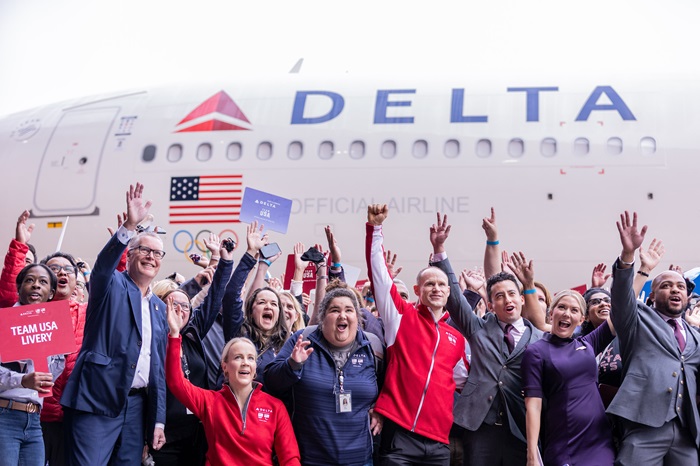
(Casey Sykes/ Rank Studios)
More than 2.8 million people a year die from unmanaged workplace stress, according to the World Health Organization. Financial stress is a part of that in the U.S., with housing and food costs at record highs. To address this, Social Capital company Delta Air Lines is prioritizing financial wellness through efforts such as its Emergency Savings Program, run in partnership with financial education nonprofit Operation Hope, and Fidelity Investments. More than 35,000 Delta employees have started building emergency savings accounts through the program.
Delta CEO Ed Bastian says the company started the program after seeing statistics that 50% of Americans don’t have access to $1,000 in savings for a financial emergency. “While we can’t solve the problem for everyone, we wanted to help Delta employees achieve a level of financial security by boosting their savings and financial wellness,” he says. “Investing in our people, along with providing tools and education to help manage and grow their wealth, is part of our responsibility as a values-led organization.” Read more about efforts like this in “Well-Being and Companies Slaying the Burnout Dragon.” (Published on April 4, 2024)
‘We provide a work environment at Cotopaxi where faith is not a taboo topic’
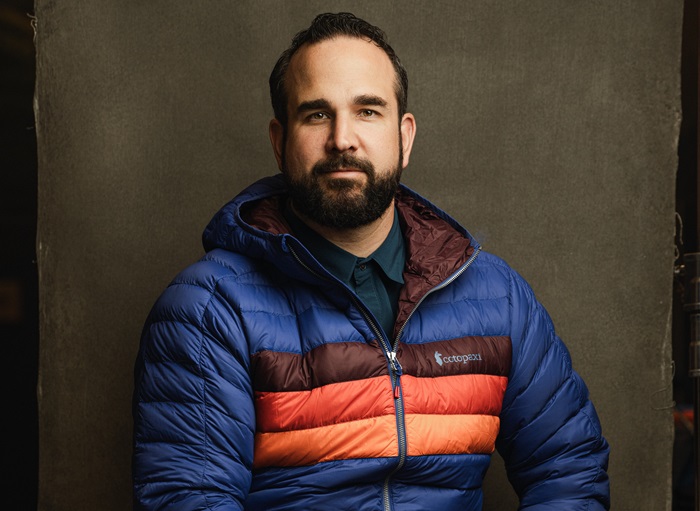
Faith is an important part of many people’s lives, and more companies are realizing that allowing employees to express this part of their identity at work is a critical part of diversity, equity and inclusion. Stephan Jacob, COO and co-founder of Cotopaxi, has found that it’s important to proceed carefully, to avoid situations that might cause division. The crux is communication: “To me, that is all the more reason to ensure that we provide a work environment at Cotopaxi where faith is not a taboo topic but is acknowledged as a contributor to a thriving team of diverse talent,” he says. Learn how this innovative Social Capital leader is pioneering fresh approaches to faith in the workplace in “Faith Matters—And The Business World Finally Gets It.” (Published on March 28, 2024)
‘Like a pebble in the pond’
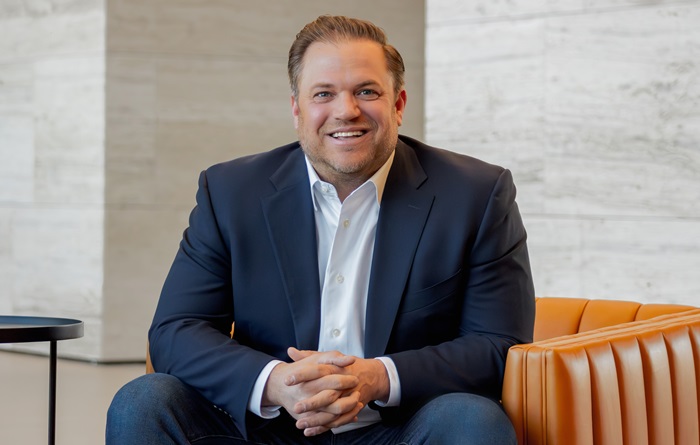
Social Capital CEO Jonathan Keyser is taking the cutthroat vibe out of commercial real estate at his firm Keyser. His goal is to help as many people as possible. “The more people we help, the more they go tell others about how great we are and how we help them, then those people we can help,” says Jonathan. “… it’s like a ripple effect, like a pebble in the pond. And to us it’s so inherently simple, right?” Jonathan shared the insights that have allowed him to build a firm that has made it to the 10-year mark running one of the largest independent firms of its kind in the country, speaking with Chris Benguhe, founder and president of the Dave Alexander Center for Social Capital, in an exclusive video interview. Check out their convo in “‘Love’ Replaces ‘Cutthroat’ in Jonathan Keyser’s Approach to Commercial Real Estate.” (Published on March 21, 2024)
Finding safety in numbers
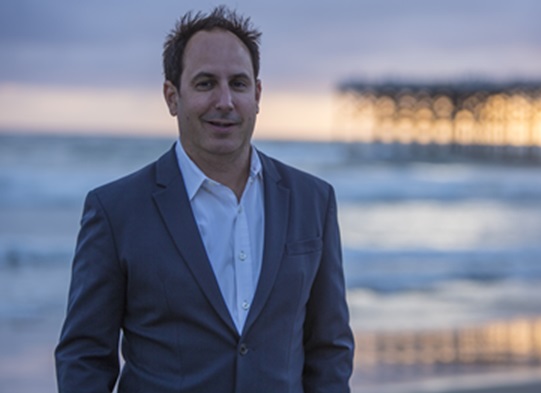
Stephan Aarstol, owner and founder of Tower Paddle Boards, has found there is safety in numbers. In addition to his e-commerce business selling the boards, he’s founder of the No Middleman Project, where 400 small businesses selling direct-to-consumer brands come together in a curated showroom on the Internet, so they can withstand the pressure of competing with giant online stores. The showroom links to their online stores. “You’ve got to get somebody in there that is willing to have a monopoly without exercising that monopoly, and it has to be some kind of an altruistic thing or some kind of a social benefit company,” says Stephan. Small businesses will always face competition from bigger, deeper-pocketed rivals, but as Stephan’s example shows, there are creative solutions available to Social Capital CEOs who are willing to come together. Watch his exclusive interview with Chris Benguhe, founder and president of the Dave Alexander Center for Social Capital, here. (Published on March 14, 2024)
Bob Chapman embraced a people-centric way of business long before catchphrases like ESG became trendy
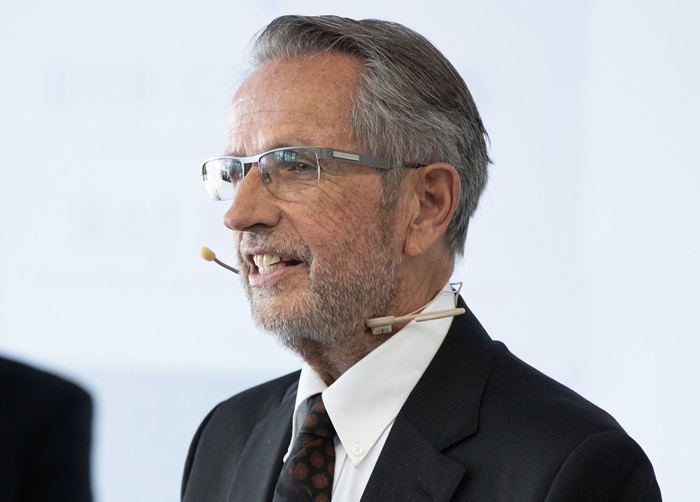
It wasn’t all that long ago that leaders were drinking the Kool-Aid that business was just about the numbers. Today’s more enlightened CEOs have had a chance to learn from the past three decades of observing a business world driven by little more than quarterly profits and realize that if you don’t care about people — those who work for you, your customers and your community — your business will not be sustainable. Social Capital CEO Bob Chapman, who leads Barry-Wehmiller, embraced a people-centric way of business long before catchphrases like ESG (environmental and social governance) became trendy. Read his compelling ideas in “CEOs of the Future Must Not Be Penny-Wise and People-Foolish.” (Published on March 7, 2024)
BloomTech is revolutionizing how schools provide education to democratize access to skills
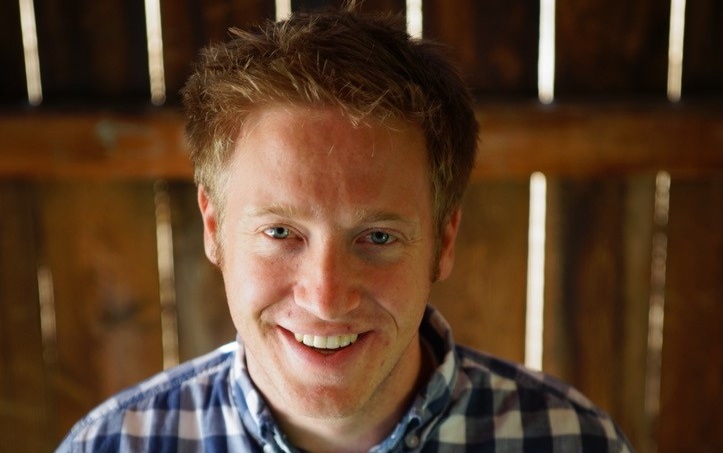
Thanks to the tech transformation sweeping many industries, workers with tech skills will be some of the most sought-after in decades to come. Austen Allred, founder of BloomTech, is revolutionizing how schools provide education to democratize access to these skills, offering options that include one where students pay zero tuition up front. This is creating the potential for generational economic change in communities across America. Says Austen, “The traditional risk equation of education is deeply flawed. It places an overwhelming burden on the individual — not the educators. I co-founded Lambda School [now BloomTech] with the underlying hypothesis that if we eliminate risk and align the incentives of students and schools on a large enough scale, we can democratize access to career and income mobility.” It’s a mission that is changing lives every day and one that will inspire any Social Capital CEO who reads his story in “Five CEOs Who Empower Others — And How!” (Published on Feb. 29, 2024)
Here’s how Cotopaxi is empowering its employees
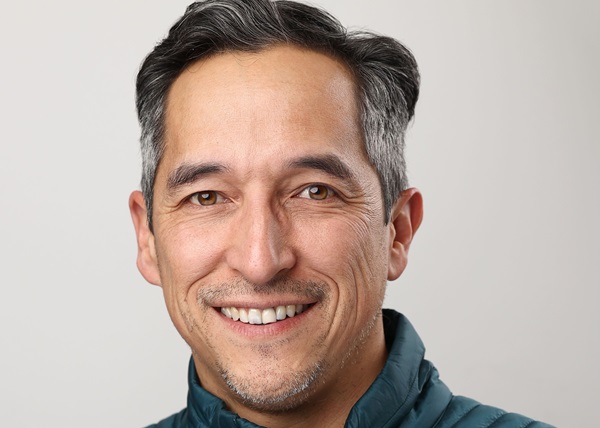
Clear communication is the key to empowering employees. In Social Capital feature article “Five CEOs Who Empower Others—And How!” Damien Huang, who recently took over the reins at Cotopaxi as CEO, explains how to spark the critical conversations that allow employees to feel they have a stake in a company and how it does things. “Our culture strives to foster clear communication and active feedback within our teams, so employees understand organizational goals and their role in achieving them,” he shares. “They have well-defined decision-making authority and autonomy within their sphere of expertise.”
But the company’s efforts don’t stop there. The company strives to give employees access to all the people and information they need to do their work. And it invests in the tech tools to support strong communication among a dispersed workforce. This benefits the company, its employees, its customers and its community — the foundations of a Social Capital company. As Damien puts it: “Empowered employees bring their full selves to work and feel able to contribute the best of their abilities. They recognize how the work they are doing supports their peers, their team and the company at large.” (Published on Feb. 22, 2024)
Read Antonio Nuño’s recommendations on supporting a healthy planet
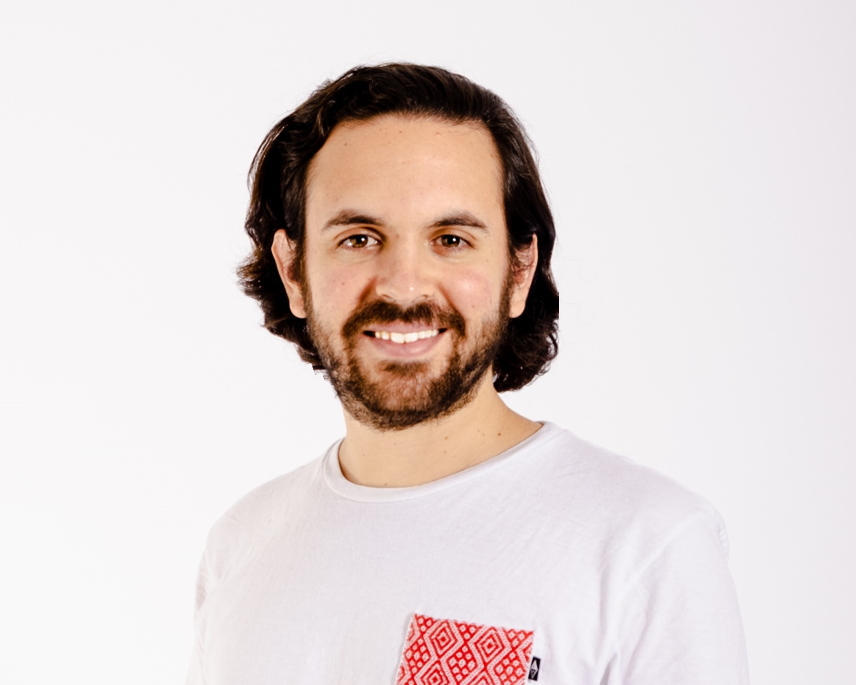
Many of us have wondered what we can do to support a healthy planet through the activities of our company. In “The Amazing Power of Human Capital,” Antonio Nuño, co-founder and CEO of Someone Somewhere, a B-Corp, offers a useful blueprint, sharing best practices he learned from his friend Pantaleon, who constructed the building where Antonio lives. Antonio’s recommendations, based on his friend’s strategies: Regenerative agriculture and local consumption, re-utilizing materials by re-imaging them, recycling, refurbishing and community living, and reusing. These ideas bring welcome simplicity to the challenges of running a more sustainable operation, no matter what its size. Don’t miss this short but powerful essay. (Published on Feb. 15, 2024)
Garry Ridge shows how to create an environment where employees can be their authentic selves & flourish
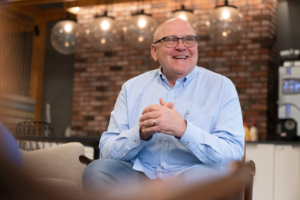
Bring your whole self to work.” Many companies ask employees to do just that, but everyone knows they want only the sanitized, Facebook-ready version of that self. Garry Ridge — who was CEO of WD-40 for 25 years and is now a consultant, coach and founder of global firm The Learning Moment — has put this concept into action in a way that may give you inspiration.
“Knowing we are accepted and fully welcome in an emotionally healthy workplace environment that provides for us, and our family is the foundation of psychological safety that benefits everyone involved — customers, workplace colleagues, family members, the community, even the world,” Garry says. In “Garry Ridge Says CEOs Must Realize the Impact of Work Life on Home Life,” he shows how to create an environment where employees can be their authentic selves and flourish — one built on positive emotions, engagement, relationships, meaning and achievement and that provides the underpinning for a positive home life. You won’t want to miss this essential playbook. (Published on Feb.8, 2024)
How Trent Griffin-Braaf honors team members’ commitment to family
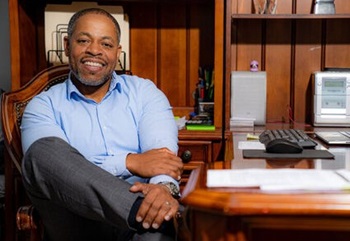
Trent Griffin-Braaf, founder of Tech Valley Shuttle, always cared about family, but when his then-three-year-old daughter caught meningitis that spread to her brain, he had a powerful lifelong reminder of how precious family is. He has brought that deep internal commitment to his award-winning company’s culture, offering an extensive workplace flexibility program and honoring team members’ commitment to family, whether a family emergency involves a close friend or a sibling. Perhaps it should not be a surprise that, in an anonymous survey, 100% of staff were fully engaged and motivated in their roles. You can read more about how Tech Valley Shuttle embraces Social Capital principles in “Family Is the Backbone of Business.” (Published on Feb. 1, 2024)
The compassionate philosophy that drives HeartPoint Global
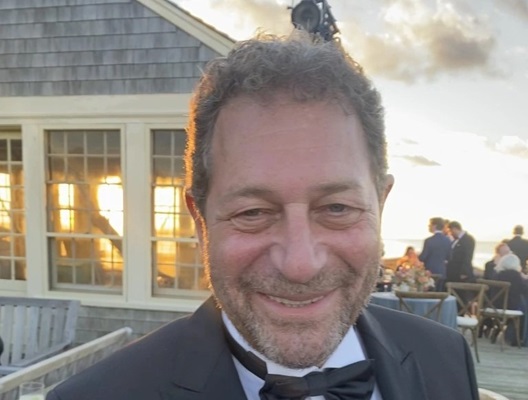
Congenital heart disease is one of the most common causes of infant deaths and is contributing to a tragic rise in the mortality of our nation’s youth. HeartPoint Global, a pioneer in lifesaving devices for cardiac problems, is tackling the problem head on with the development of a device to help children with heart issues, opening the door to a noninvasive alternative to open heart surgery or to help the heart heal itself. At a time when the pharmaceutical and medical device industries have priced many treatments sky-high, the company is selling this device for $4,000, making it affordable to countries in developing regions where equipment that is considered disposable in the U.S. is reused hundreds of times in surgeries. In “HeartPoint Global’s ROI Is Survival For Children With Congenital Heart Disease,” you can read about the compassionate philosophy that drives Social Capital CEO Seth Bogner and bring that inspiration to your own company. (Published on Jan. 25, 2024)
CEO Richard Moore believes the company is about its people
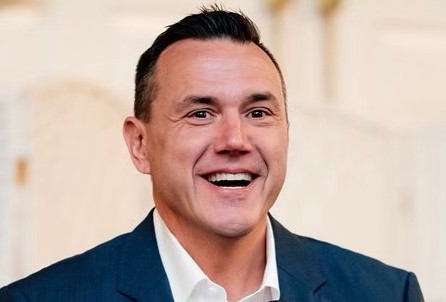
Some companies define their “why” around what they sell or the service they perform. At The Good Feet Store, CEO and President Richard Moore believes the company is about its people, putting goals like their long-term development at the top of his pyramid of concerns. While giving back to the outside community is a priority, companies need to give to those who serve customers every day, too, he believes. Striking that balance is not always easy, but he shares how he pulls it off in “Richard Moore on Making People Your ‘Why.’” Don’t miss this exclusive interview with Chris Benguhe, founder and president of the David Alexander Center for Social Capital. (Published on Jan. 18, 2024)
There are some things only humans can do in the age of AI
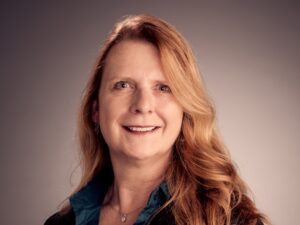
There are some things only humans can do in an age when AI is taking many boring and rote tasks off our plates. At AAA Translation, founder Susanne Evens has made it her mission to support the team members who make translation an art that can’t be performed as well by robots because of all of the nuances of human communication, the sensitivity and confidentiality needed in many situations, and the subject-matter expertise required. In doing so, she is helping to preserve the diversity of the languages that are in active use today. Evens shares her Social Capital philosophy in “One Big Argument Against AI: The Need For Human Understanding in Translation.” (Published on Jan. 11, 2024)
Successful companies ‘stick to their knitting’
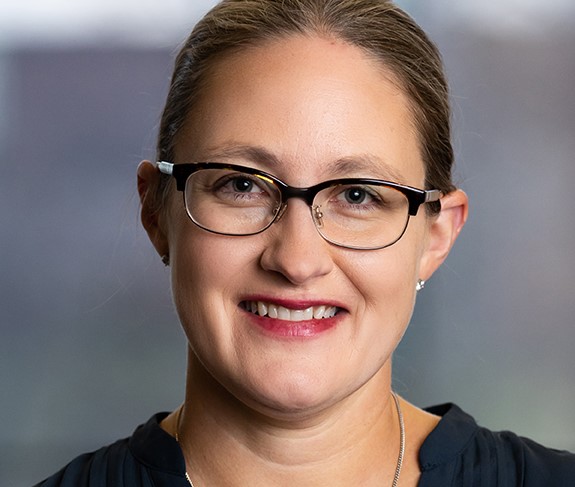
It’s tempting to try to become all things to all people as your company grows, but that approach can lead you away from your true spirit as an organization. As Jasmine Jirele, president and CEO of Allianz Life Insurance Co., explained in our recent feature “Authentic CEOs: Antidote to the Counterfeit Culture,” “Successful companies understand their strengths and core competencies, and ‘stick to their knitting.’ This includes how and where a company engages in the community, the markets in which it operates, how it supports employees and how it makes decisions.” In practical terms, this focus has meant that the company stays focused on finance. (Published on Jan. 4, 2024)
‘I much prefer the word ‘authentic’ to ‘integrity’
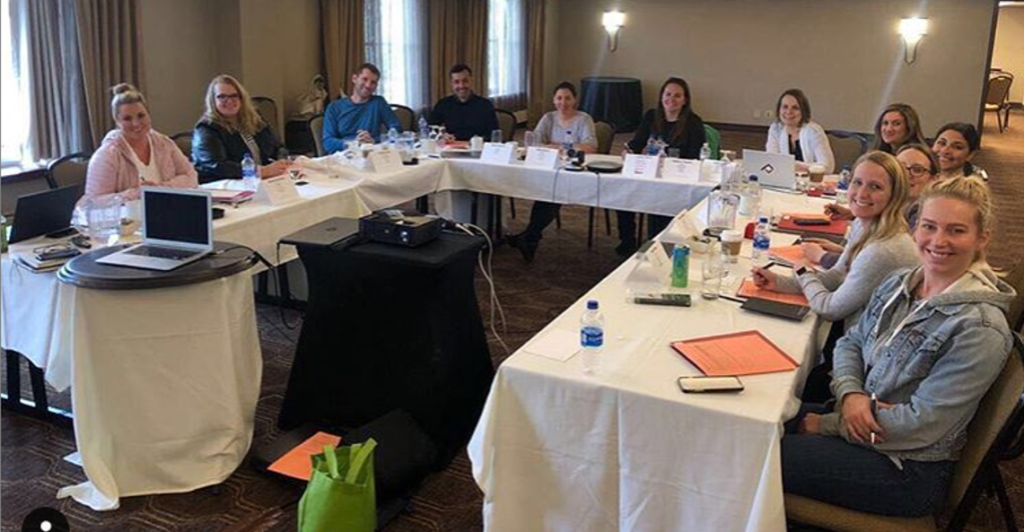
“I much prefer the word ‘authentic’ to ‘integrity,” Robert Glazer, CEO of Acceleration Partners, shared in our recent CEO roundtable on authenticity. As he pointed out, what you think, do and say are all alike, but many people default to saying the “right thing” rather than what they really mean. “So that’s something I’ve always tried to work on, even when it’s not necessarily what people want to hear. And sometimes it can be uncomfortable, too,” says Glazer. If you’re trying to figure out how to bring more of your authentic self to your role as a leader and struggling through those uncomfortable moments, too, you will not want to miss this panel, which is both heartfelt and thought-provoking. (Published on Dec. 19, 2023)
Dr. Chris Mansi’s AI-powered technology is a win-win for doctors and patients
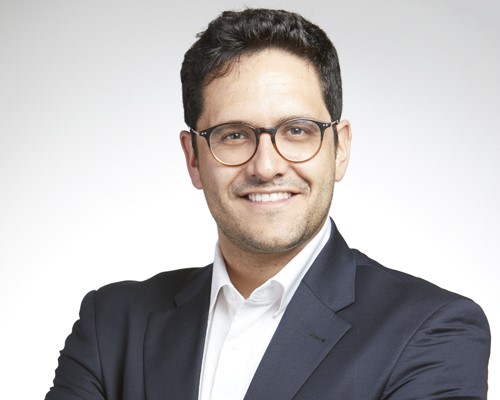
Delays in communication can mean the difference between life and death for patients in critical condition. Enter Chris Mansi, the surgeon behind Viz, an AI-powered technology that reads patients’ medical scans and can quickly identify which doctors in a vast hospital system the patient should see. Dr. Mansi launched the platform in 2016 after completing a successful operation in 30 minutes but tragically losing the patient because of five hours of delays that happened before the surgery. Today, 1,400 hospitals use it, it is reimbursed by CMS and, on top of saving lives, it’s helping to reduce physician burnout through efficiency gains and improve profitability for health systems. That kind of win-win is what running a Social Capital company is all about. You can watch our exclusive interview with Dr. Mansi here. (Published on Dec. 14, 2023)
‘The better educated a mother is, the better mother she can be’
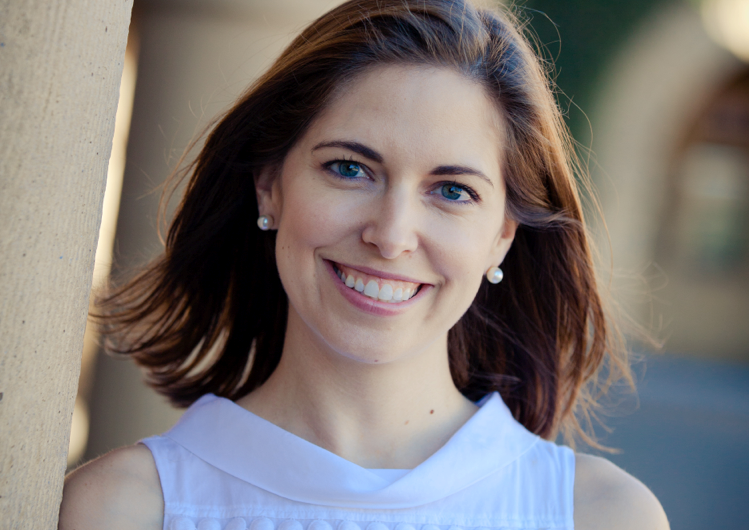
As the new year approaches, Motherly — an expert-driven, woman-centered guide to mothering — is coming up on its first anniversary of making all its content available for free. “I found that if we’re trying to achieve our mission of empowering mothers to thrive, and redefining motherhood with them, we can’t just be doing it for the 50% of the population that can afford it when 50% of children in the U.S. are born on WIC and Medicare,” said Jill Koziol, CEO and cofounder, when Motherly made the decision to switch from a business model based significantly on subscriber revenue to one more reliant on advertising revenue. “Motherly is an education platform, and education is an important social determinant of health, so the better educated a mother is, the better mother she can be.” Now that’s the spirit of a Social Capital company. She shares her approach to business in “Mothers: The Niche Everyone Wanted to Monetize But No One Wanted To Serve.” (Published on Dec. 11, 2023)
What does authentic leadership look like in real life?

Peet’s Coffee has a fanatical following, and it’s not just because of its coffee. Many of its most avid customers are aware of the commitment it makes to people, among them its team and its suppliers. At a time when companies’ supply chains are more fragile than ever — and more important — President Eric Lauterbach has put its farmers front and center, through practical and valuable help. “We really believe in helping the farmers get better productivity and better yields, which leads to better prices and better quality of life,” he says. And, in turn, it leads to more success for Peet’s, allowing this virtuous circle of capitalism at its best to keep going. Hear more of the thinking behind this juggernaut in our exclusive video interview with Lauterbach.
Seth Bogner leads his team members from his higher self and place of empathy
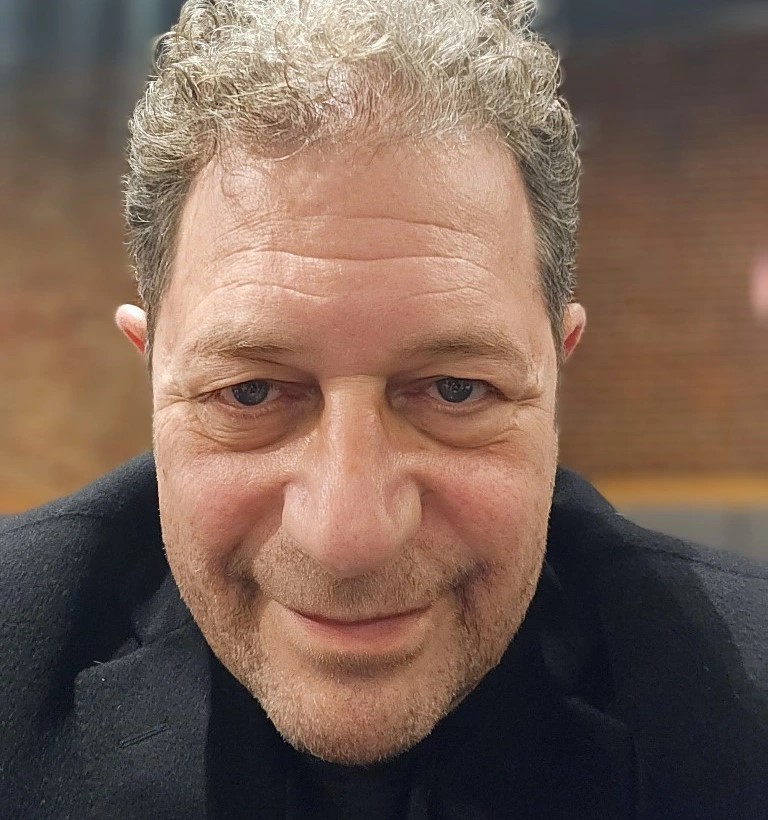 It’s hard to build a Social Capital company if you’re leading from ego and a desire to control others. Seth Bogner, chairman and CEO of HeartPoint Global, makes a conscious effort as a leader to stay self-aware — taking frequent reality checks to make sure he’s leading team members from his higher self and place of empathy. “Using an elevated intention and emotional intelligence for the greater good is infectious and inspires others to align themselves with our example to follow,” as he puts it in “Authentic CEOs: Antidote to the Counterfeit Culture.” He’s a great example of leading from the heart, the essence of Social Capital in action.
It’s hard to build a Social Capital company if you’re leading from ego and a desire to control others. Seth Bogner, chairman and CEO of HeartPoint Global, makes a conscious effort as a leader to stay self-aware — taking frequent reality checks to make sure he’s leading team members from his higher self and place of empathy. “Using an elevated intention and emotional intelligence for the greater good is infectious and inspires others to align themselves with our example to follow,” as he puts it in “Authentic CEOs: Antidote to the Counterfeit Culture.” He’s a great example of leading from the heart, the essence of Social Capital in action.
Helping employees plan for their financial futures

Penny Pennington, managing partner of Edward Jones, sees her employees as family — and their families as part of her extended family. To help them tuck away money for the future and foster “the kind of environment that fosters the complete well-being of that family and enables [employees] to unleash their talents and gifts,” Edward Jones puts billions of dollars in its 401k savings plan. “We’re a firm that helps people plan for their financial futures, so we help our colleagues do that,” she says. That kind of consistency of words and actions is what Social Capital leadership is all about. Read more in “Penny Pennington Affirms Commitment to Growth — of Families.” (Published on Nov. 9, 2023)
‘Leading is not extra work, it’s the work’
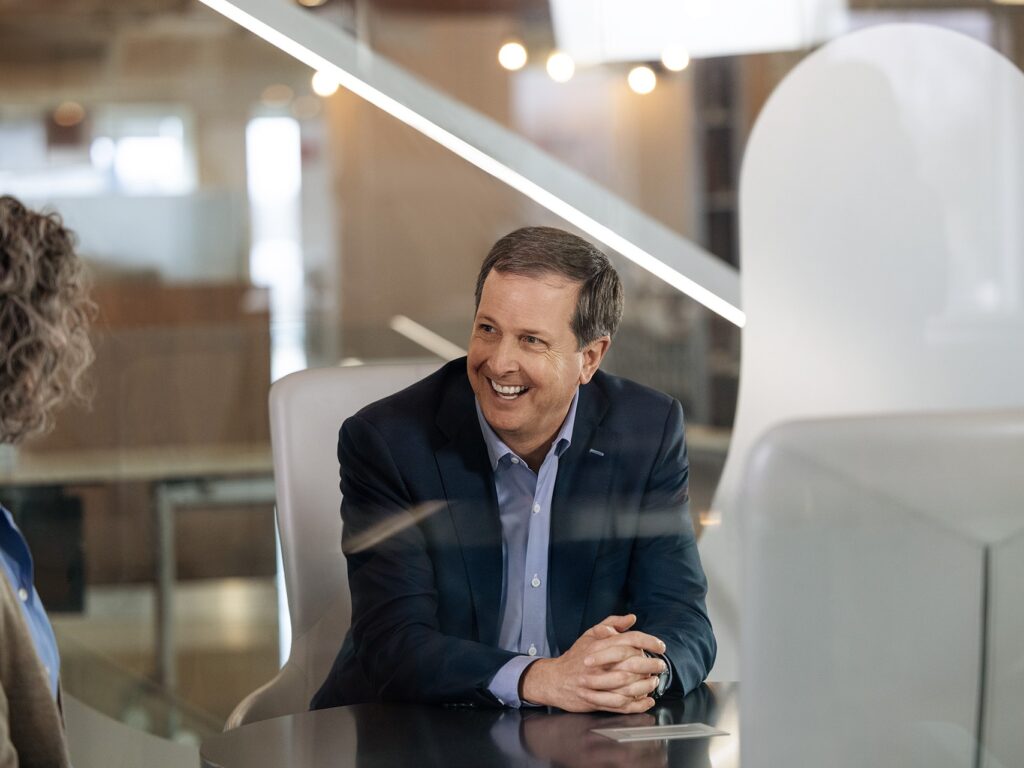
As Chris Todd, CEO of UKG, puts it, “Successful and inspiring leaders understand that leading is not extra work, it’s the work. Being all in on leading and having true care and compassion for people is foundational to authentic leadership.” What does that look like in real life? UKG aims to lead through nine high-trust behaviors: sharing, celebrating, hiring, caring, developing, thanking, listening, speaking and inspiring. “These behaviors cultivate high trust and enable authentic leadership that creates inclusive and productive teams,” he explains. “If you’re serving every individual in your company in an authentic way, then you’re doing your job as a leader — and positive business results will follow.” Learn more about how to show your authenticity as CEO of a Social Capital company in “Authentic CEOs: Antidote to the Counterfeit Culture.” (Published on Nov. 2, 2023)
Authenticity as a leader requires restraint
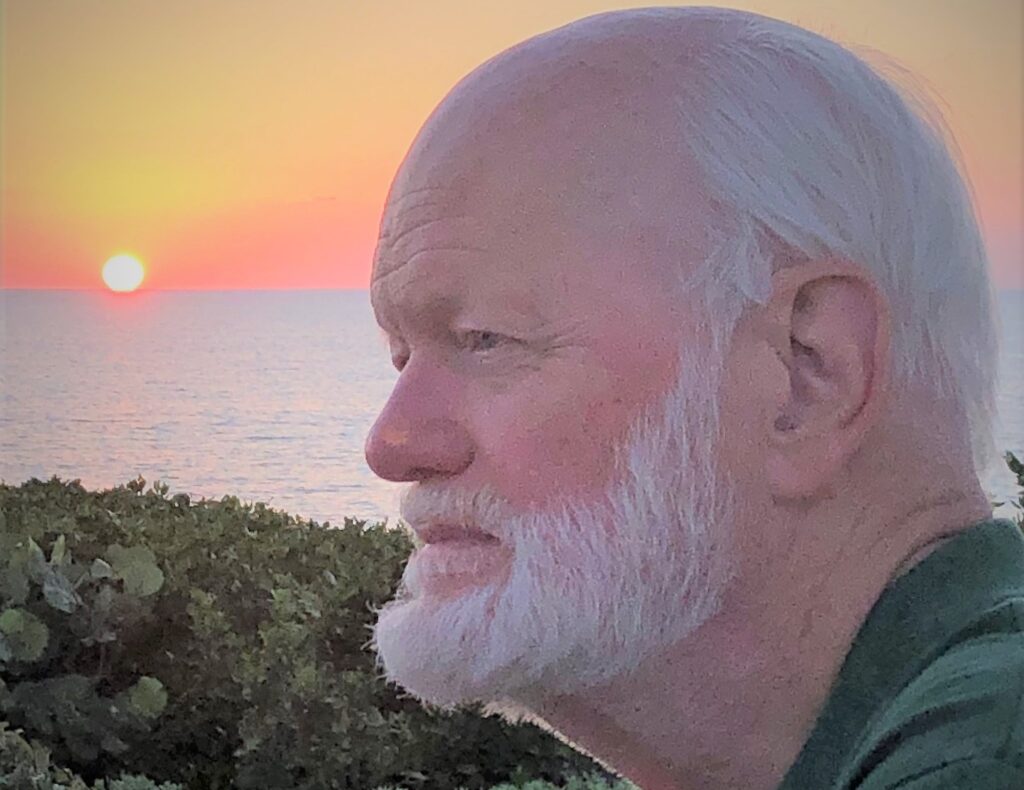
Authenticity as a leader requires restraint. As CEO coach Marshall Goldsmith points out in “Authentic CEOs: Antidote to the Counterfeit Culture,” leaders need to be judicious in what they share. Harmful disclosure may be authentic but it’s not professional. Goldsmith points to Francis Hesselbein, who turned around the Girl Scouts, and Alan Mulally, who turned around Ford, as examples of how to walk this tightrope as a leader. “They were always authentically in the role of being a professional and a leader,” says Goldsmith. “Although I knew both for decades, I never heard either of them make one comment that would be defined as unprofessional or dysfunctional.” For more insights on how to be an authentic Social Capital leader, see “Authentic CEOs: Antidote to the Counterfeit Culture.” (Published on Oct. 26, 2023)
Bob Chapman embraces Truly Human Leadership
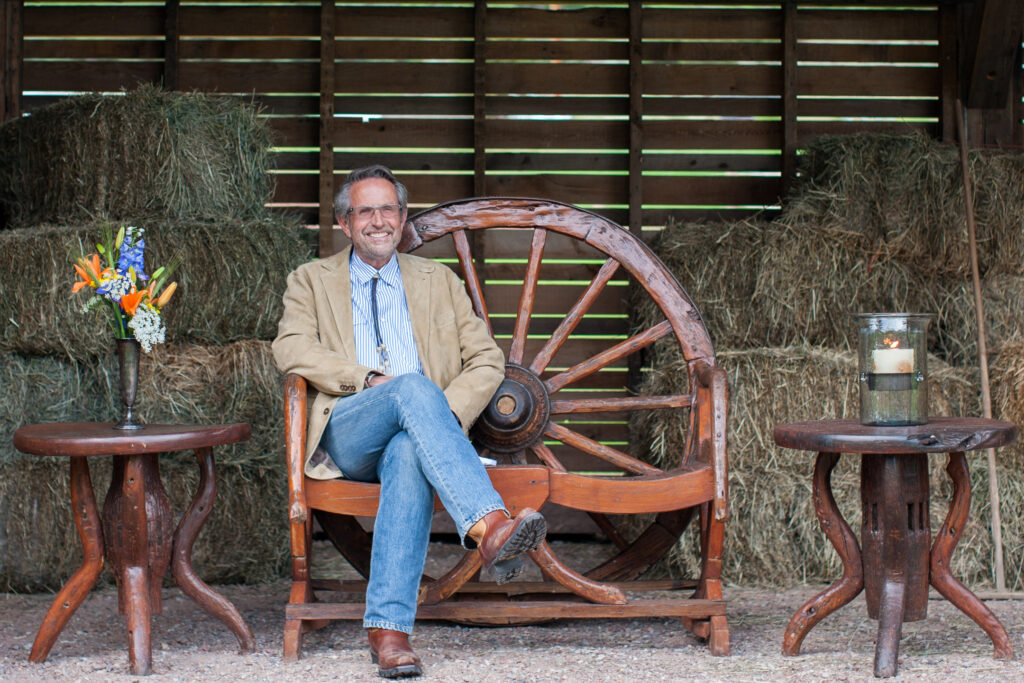
In the not-so-distant past, many people expected CEOs to embrace a formal style of leadership where they had to pretend to have all the answers to keep everyone else calm and following directions. But the old hierarchical ways of running companies have changed, and at Social Capital companies, leadership is more about humility, compassion and empathy than command-and-control. That means leaders can be authentic and real. Bob Chapman is a good example. As chairman and CEO of Barry-Wehmiller, he has embraced what he calls Truly Human Leadership. It’s focused on letting team members know they are valued, cared for and an integral part of every company’s purpose. In our panel on authenticity, you won’t want to miss his thoughts on how leaders can get real. (Published on Oct. 19, 2023)
Delta Makes Special Profit-Sharing Payment In 2022
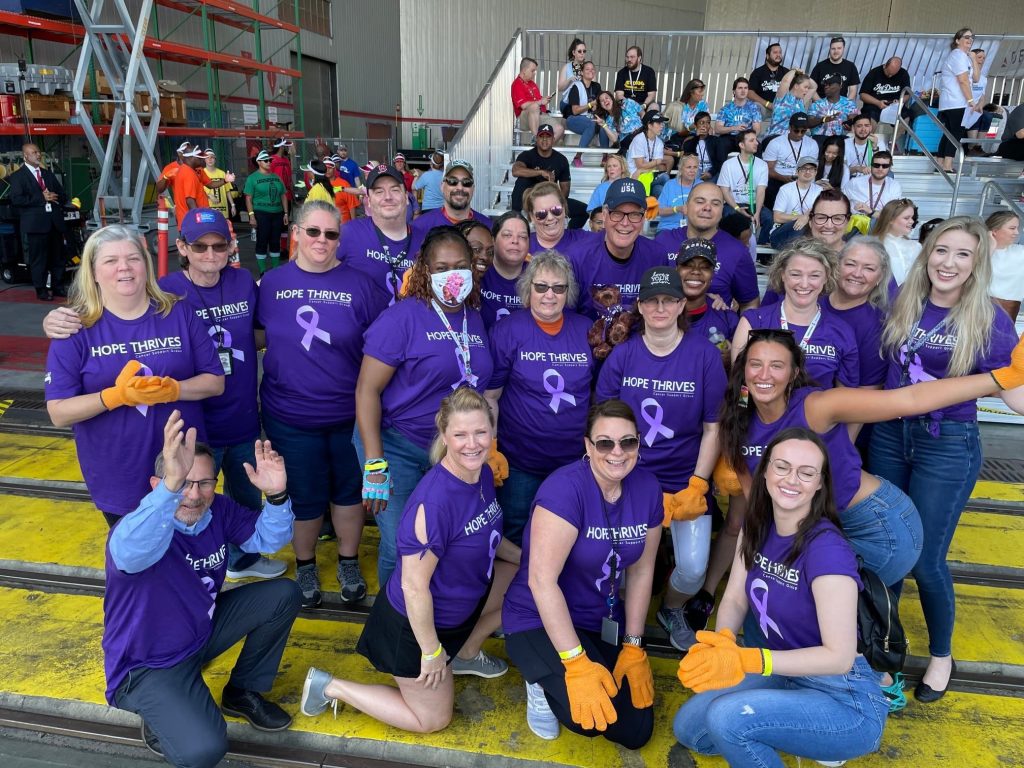
As airlines emerge from the chaos left by the pandemic, customer satisfaction with airlines has increased this year, according to new research by J.D. Power and Associates. CEOs like Delta Air Lines’ Ed Bastian are among the leaders making that happen. Recognizing the contributions of Delta’s team during challenging times, the airline paid out more than $100 million to its people in a special profit-sharing payment in 2022. With many Americans reporting they could not come up with $400 in an emergency, and many scrimping to buy groceries selling for inflated prices, that’s the kind of recognition that matters to workers today — and a great example of Social Capital in Action. (Published on Oct. 14, 2023)


